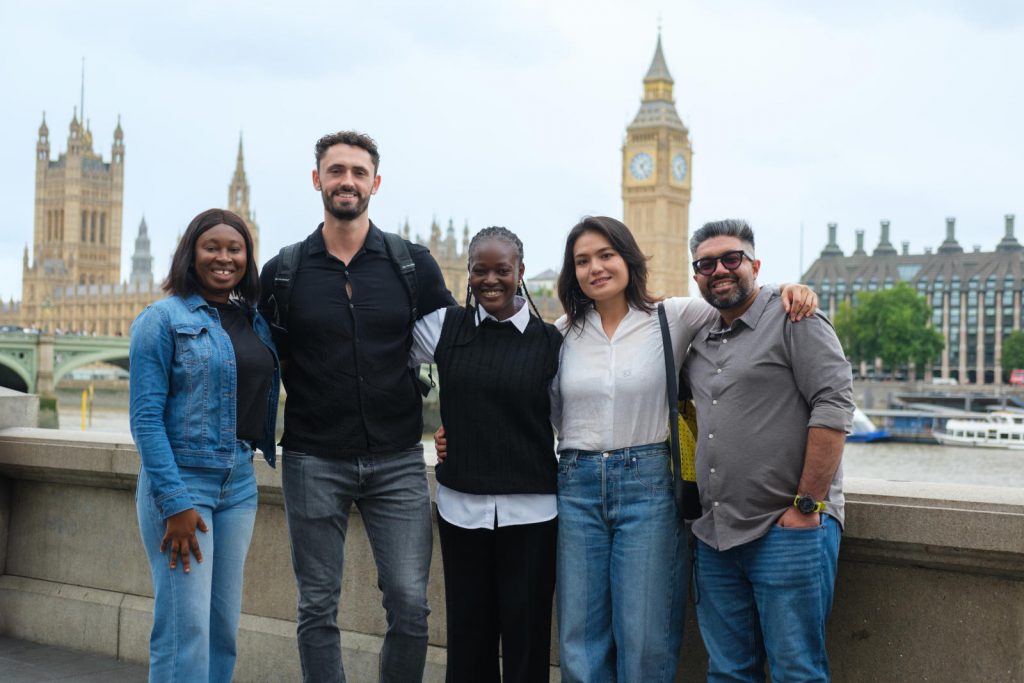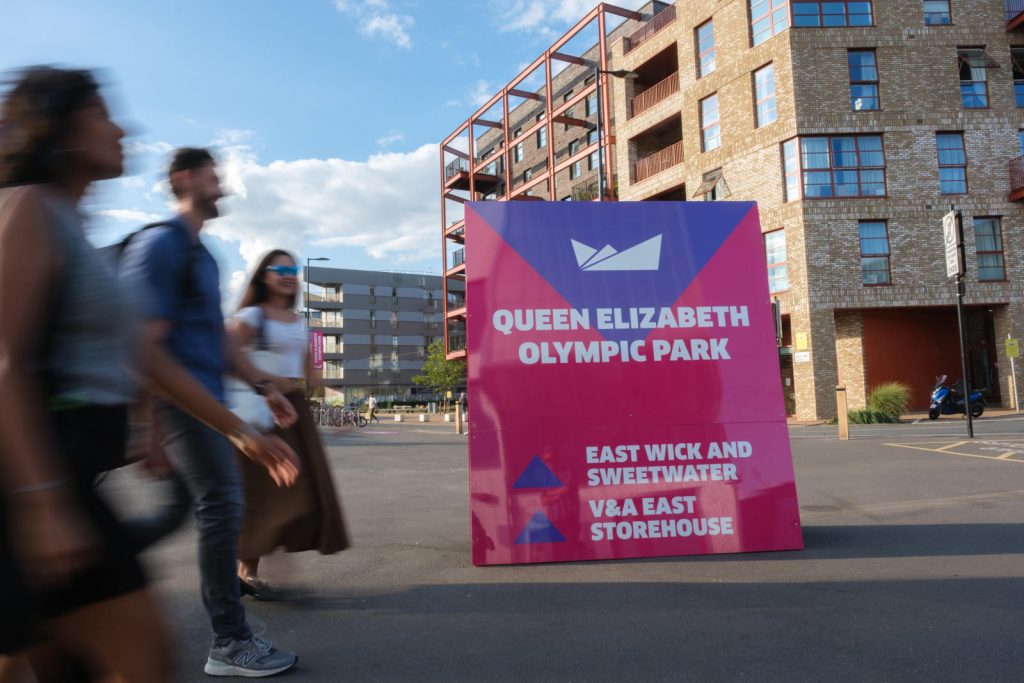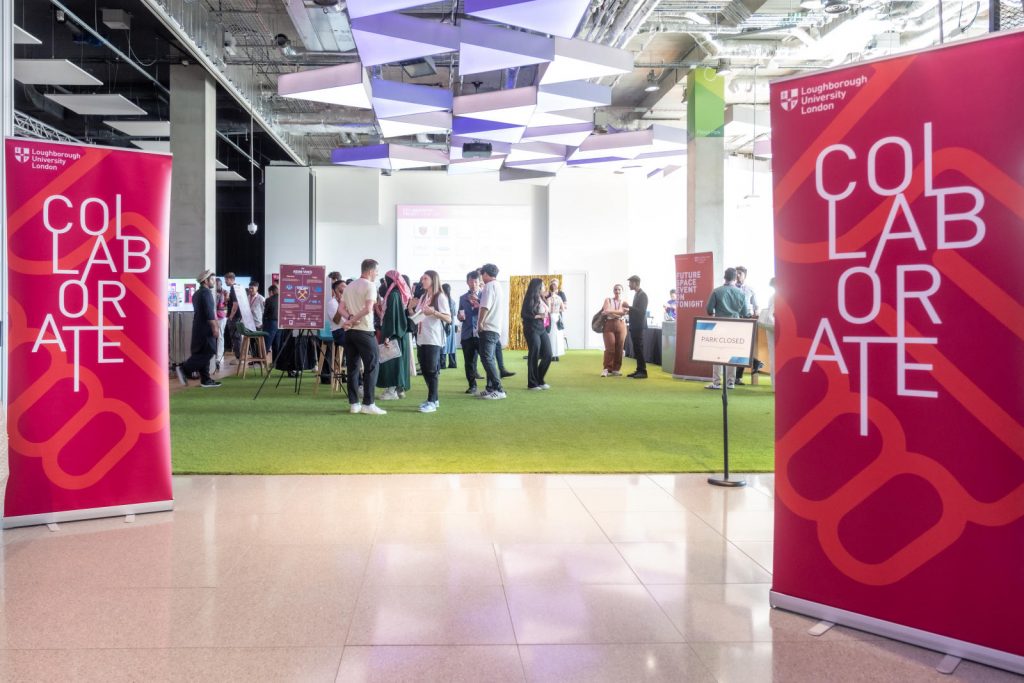Loughborough London’s Institute for Creative Futures Welcomes new students
There’s something about September and October in London, the city comes alive and feels sharper. As autumn settles in with cooler temperatures and longer nights, London’s creative energy takes centre stage. This is when the capital shines as one of the world’s great hubs of imagination and innovation. London isn’t just a cultural capital for the UK; it is a powerhouse of the global creative economy. One in six jobs here belongs to the creative sector, with 816,000 Londoners driving industries that shape the future of creative work. Culture and creativity add an extraordinary £52 billion to the city’s economy every year, powered by world-class education, thriving creative hubs, and funding ecosystems that draw talent from every corner of the globe.

Graduates of the Institute for Creative Futures contribute to the global creative economy. We will hear from some of them at the first of Loughborough University London’s 10 year anniversary events next month, where our alumni will give advice and share their experiences with current students. Our students are given many opportunities to engage, as graduates before them have, with London’s vibrant innovation, cultural and creative environment at our base in Here East, and our neighbouring world leading cultural organisations on London’s new East Bank.

In their first week alone, along with inductions to their postgrad programmes, spanning design innovation, communication, media and creative industries, they are invited to take part in many activites organised by academics and researchers in the Institute as well as Loughborough London’s award-winning Future Space team who support student’s with their career development during their studies and beyond.
Providing an insight into the world class research our faculty conduct, our newly arrived students are invited to join a workshop led by Professor Burce Celik sharing findings from her Arts and Humanities Research Project, Colonialism and Infrastructure: Rethinking Our Communicative Pasts. We also have a visiting Brazilian designer, researcher and activist with us during the week, Dr Bibiana Serpa. She will be running a workshop for staff and students titled Unlearning Research: A Dialogic Introduction to Critical and Decolonial Methodologies. Bibiana will introduce us to the (Anti)Dialogic Cards, a tool developed by Latin American researchers to reflect on dominant knowledge systems, question our own assumptions, and explore alternative approaches to research.
From our Future Space team, a range of activities are planned for students during induction week, including introducing the range of collaborations with industry partners in our curriculum, through our Collaborate activities. There is also a Collaborative Sprint with IBM, where new students can work together in teams to take on a real challenge set by IBM and receive feedback from them. As they progress through their studies, our students have access to many more career enhancing extra curricular activities, such as the Future Space Inspiring Success programme, micro internships, Monday Mentoring and Personal Best London.

In the Institute for Creative Futures we pride ourselves in offering the highest quality education across our programmes, delivered by leading academics and supported by our sector-leading Future Space team. We welcome our new students and wish them well with their studies – we look forward to seeing the creative futures they will help to craft.
Written by Professor Jo Tacchi
Director, Institute for Creative Futures
Loughborough University London
Blogging everything that’s happening at Loughborough University London